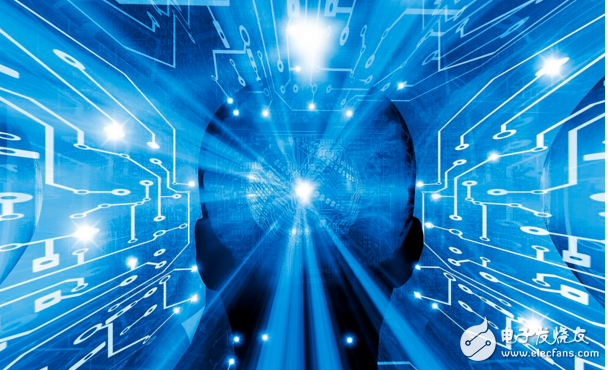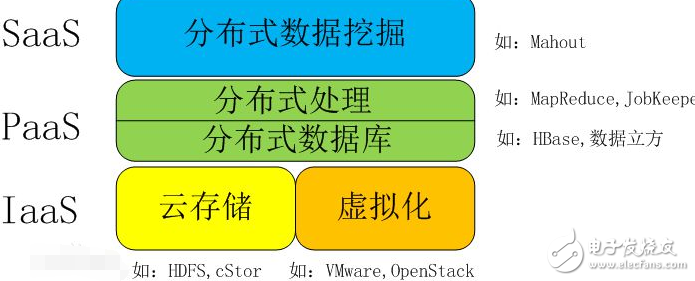The difference between artificial intelligence and big data _ big data artificial intelligence which is good
**What is Artificial Intelligence?**
Artificial intelligence (AI) refers to the ability of a machine or Computer system to perform tasks that typically require human intelligence, such as learning, problem-solving, and decision-making. In the 1980s and 1990s, AI development faced challenges due to limited hardware capabilities, inconsistent progress in research, and algorithmic shortcomings. However, recent advancements in low-cost large-scale parallel computing, big data, deep learning algorithms, and brain-computer interfaces have driven a major breakthrough, marking a turning point in AI’s evolution.

**What is Big Data?**
Big data refers to extremely large sets of data that cannot be effectively managed or analyzed using traditional software tools within a reasonable time frame. It encompasses vast volumes of information that offer insights, support decision-making, and optimize processes. According to Gartner, big data is an information asset that requires new processing models to unlock its full potential—enabling better decision-making, deeper insights, and more efficient operations.

**The Difference Between Artificial Intelligence and Big Data**
Big data can be thought of as the vast amount of knowledge accumulated from school through university—information that must be processed, understood, and restructured. Artificial intelligence, on the Other hand, is like a person who absorbs this knowledge, learns from it, and evolves into a highly capable individual. AI relies heavily on big data, often using cloud computing platforms to perform deep learning and continuous improvement.
While big data is about collecting, organizing, and storing information, AI uses that data to create models, make predictions, and automate complex tasks. Unlike traditional algorithms, which often rely on assumptions (like linear relationships), AI algorithms learn directly from data, adapting and optimizing themselves based on the input they receive. This flexibility makes AI powerful but also computationally intensive. It wasn’t until recent advances in computing power and data availability that AI became practical and widely applicable.
**Which Is Better: Big Data or Artificial Intelligence?**
Both big data and AI play essential roles in today's technological landscape. AI spans various industries, including healthcare, finance, transportation, and entertainment. It powers virtual assistants like Siri and Cortana, and is used in autonomous vehicles and smart devices. Decades ago, AI was not well understood, and few institutions offered related courses. But with the growth of data storage and the increasing volume of information, people began to recognize patterns and develop analytical tools.
The combination of AI and big data has transformed how we live and work. Machines can now understand user preferences, predict outcomes, and even make decisions. As hardware improves and computational costs decrease, AI becomes more accessible and powerful. While each has its strengths, together they form the backbone of modern digital innovation.
Computer
Wenzhou Hesheng Electronic Co., Ltd. , https://www.heshengelec.com
